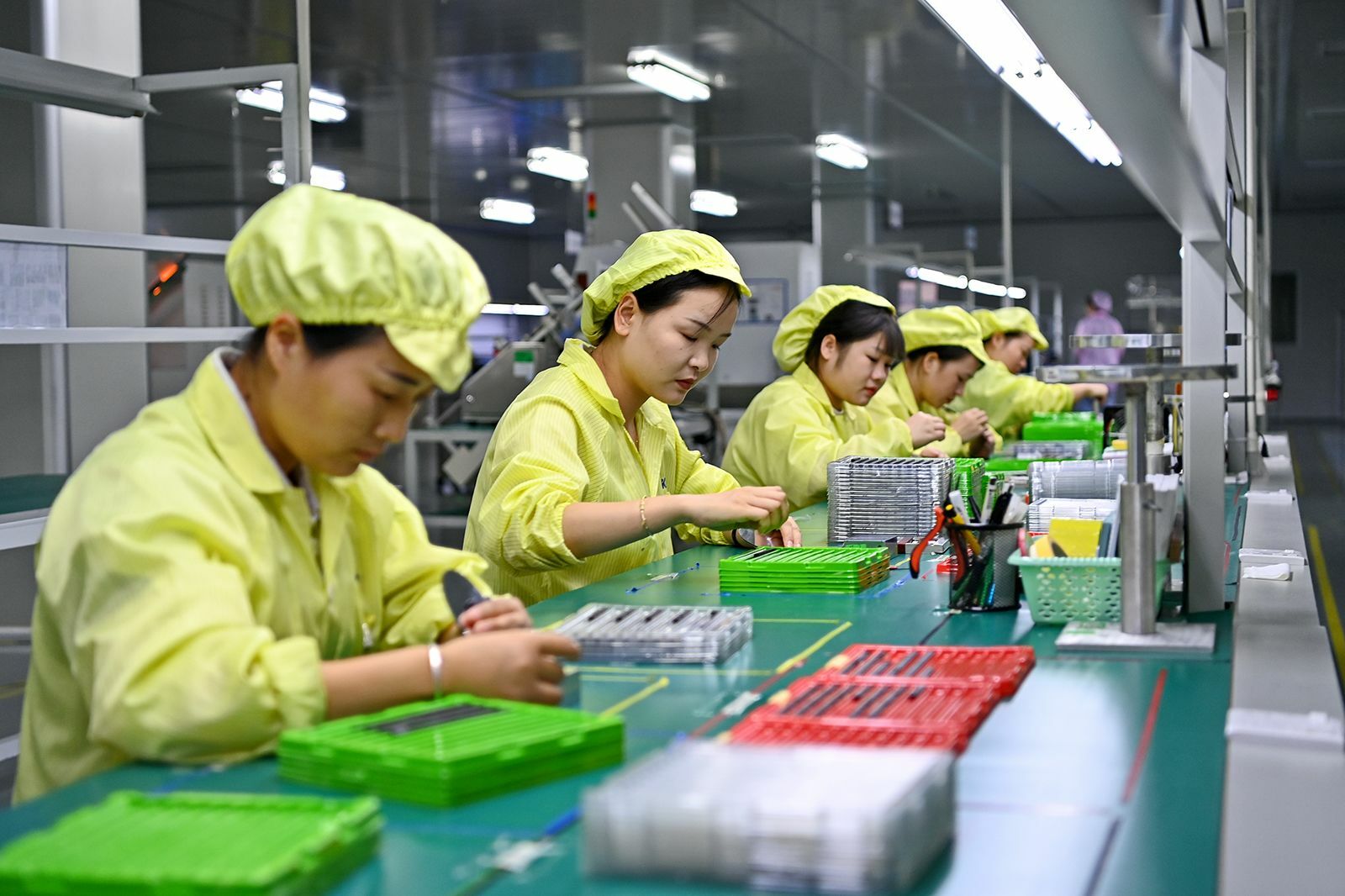Thai-ing up: China’s industrial trade reshapes Southeast Asia

Chinese industrial products are increasingly penetrating the Southeast Asian market, significantly impacting Thailand’s trade dynamics. The Joint Standing Committee on Commerce, Industry and Banking (JSCCIB) reports that this influx has diminished Thailand’s market share and contributed to a trade deficit with China amounting to nearly US$20 billion.
Chinese online retailer Temu’s recent entry into Thailand is poised to exacerbate this issue. Consequently, the Federation of Thai Industries (FTI), part of the JSCCIB, is urging the government to implement additional tariffs on certain imported products, said Payong Srivanich, chairman of the Thai Bankers’ Association.
“If the government has no new measures to better protect Thailand against Chinese products, more companies are likely to shut down.”
From January to June, imports of Chinese products surged by 7.12% year-on-year, reaching a value of US$37.5 billion. This led to a trade deficit of US$19.9 billion, marking a year-on-year increase of 15.6%.
During the first quarter of this year, Thai electrical appliances’ market share in Southeast Asia dropped to 11.5%, down from 12.7% year-on-year. Similarly, the market share of Thai-made cars fell to 18.7%, from 20.9% year-on-year.
These declines contributed to a 1.8% decrease in Thailand’s manufacturing sector during the first half of 2024, according to Payong.
The entry of Temu, which sells low-cost products directly from factories to consumers, has intensified pressure on local industries. The situation has adversely affected 23 industries in Thailand, with small and medium-sized enterprises bearing the brunt of the impact.
Kriengkrai Thiennukul, FTI Chairman, noted a significant increase in factory closures.
“During the first half of this year, 667 factories shuttered, a year-on-year increase of 86.3%. The average is 111 factories closing per month.”
Kriengkrai emphasised the need for the government to consider applying tariffs on certain products under the ASEAN-China free trade agreement to protect local manufacturers.
“We are concerned that the state’s ongoing efforts to slow the import of products from China will not be enough to protect Thai businesses.”
The JSCCIB’s call for action underscores the urgent need for measures to safeguard Thailand’s industries amid the growing presence of Chinese products in the market.
Latest Thailand News
Follow The Thaiger on Google News:


























